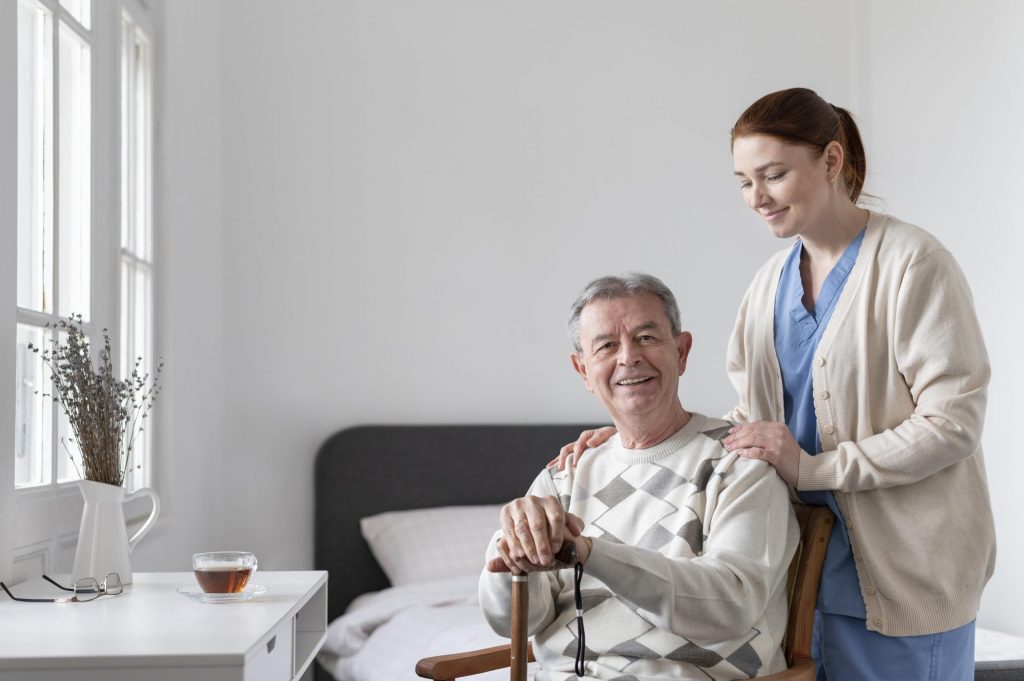Overview of the Condition
A stroke occurs when blood flow to a part of the brain is suddenly interrupted—either due to a blocked artery (ischemic stroke) or a burst blood vessel (hemorrhagic stroke). Without oxygen and nutrients, brain cells begin to die, leading to serious and sometimes permanent damage.

Causes
- Ischemic stroke: caused by clots or narrowed blood vessels
- Hemorrhagic stroke: caused by ruptured blood vessels
- Transient Ischemic Attack (TIA): temporary blockages (“mini-stroke”)
Common risk factors include high blood pressure, diabetes, smoking, high cholesterol, heart disease, obesity, and lack of physical activity.
Treatment
Emergency treatment may include:
- Clot-busting medications (e.g., tPA) for ischemic stroke
- Surgical intervention for hemorrhagic stroke
- Hospital stabilization and medical management of blood pressure, glucose, etc.
Following acute care, rehabilitation becomes the main focus to restore movement, function, and independence.
Prevention
- Manage blood pressure, blood sugar, and cholesterol
- Quit smoking and limit alcohol
- Eat a balanced diet
- Exercise regularly
- Take prescribed medications
- Monitor atrial fibrillation and other heart conditions
What You Can Expect from PTC Care Center
PTC provides holistic stroke rehabilitation focused on physical recovery, emotional well-being, and long-term independence.
Our Stroke Rehabilitation Services:
- Physiotherapy for strength and movement
- Occupational therapy for daily living tasks
- Speech and language therapy
- Psychological counseling and cognitive support
- Home-based stroke rehab
- Caregiver education and support
- Robotic and advanced rehabilitation (Residential Campus)
What You Can Expect from PTC Care Center
PTC provides holistic stroke rehabilitation focused on physical recovery, emotional well-being, and long-term independence.
- Physiotherapy for strength and movement
- Robotic and advanced rehabilitation (Residential Campus)
- Caregiver education and support
- Speech and language therapy
- Occupational therapy for daily living tasks
- Home-based stroke rehab
- Psychological counseling and cognitive support
📍 Available at: PTC City Center – Outpatient & Home-based care
Frequently Asked Questions
Q1. How soon should rehabilitation begin after a stroke?
Ideally within 48–72 hours post-stabilization.
Q2. Can stroke survivors fully recover?
Recovery varies, but early and consistent rehab improves outcomes.
Q3. Does PTC offer stroke rehab at home?
Yes—through our City Center team.
Q4. Are families involved in stroke care at PTC?
Yes—we train and support caregivers through every phase.
Want to Contribute or Ask a Topic?
We welcome questions, feedback, and guest blog requests.
